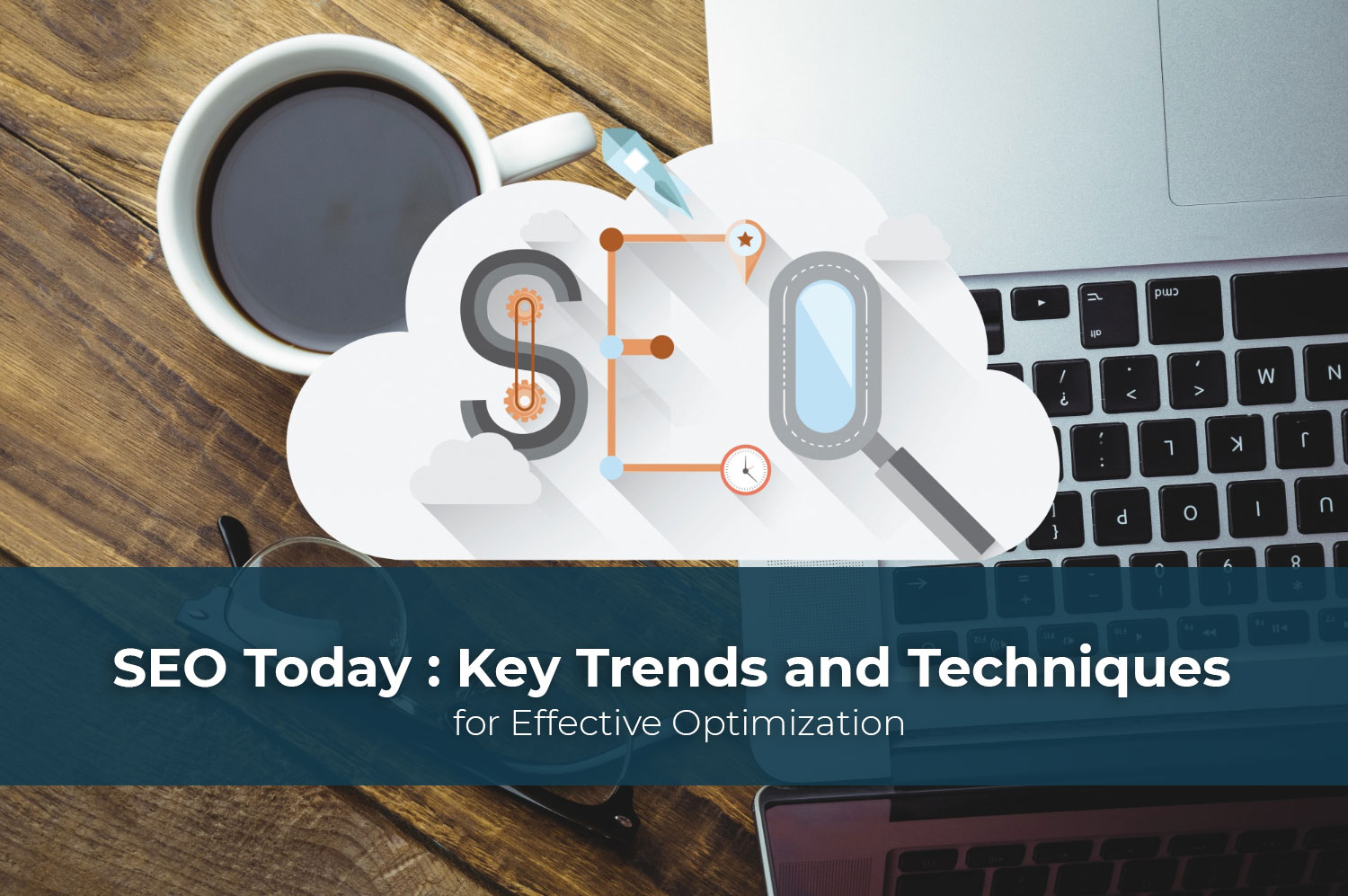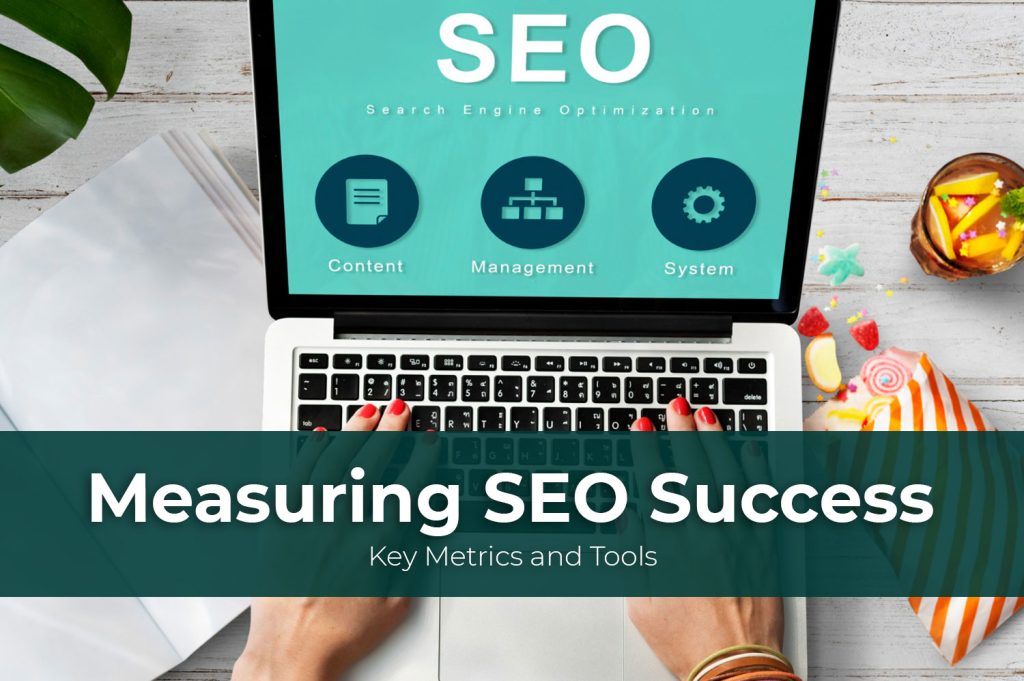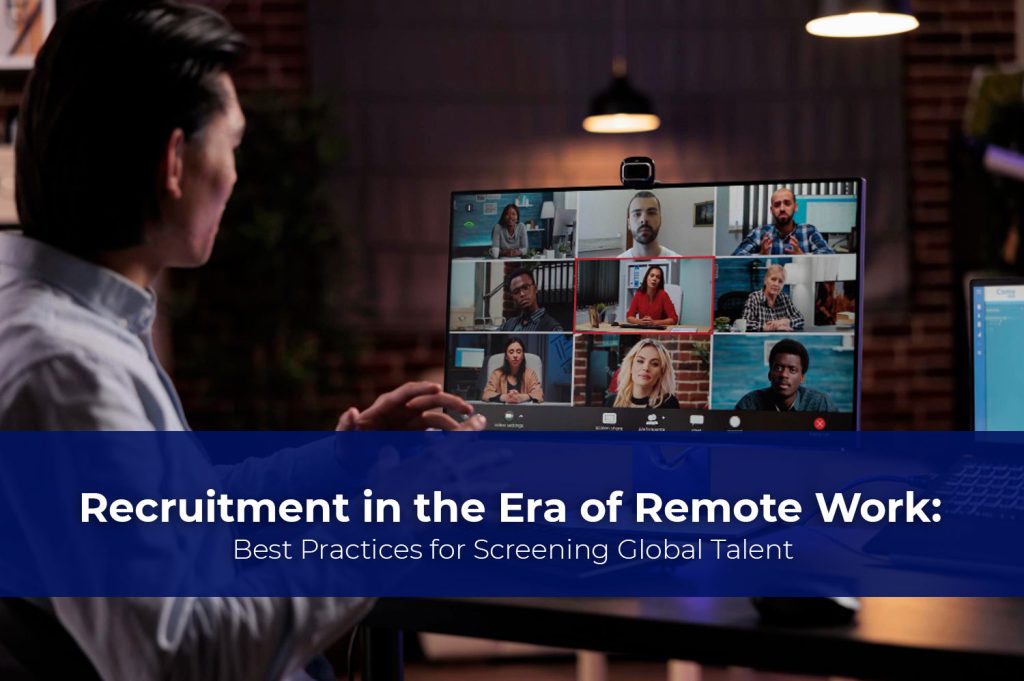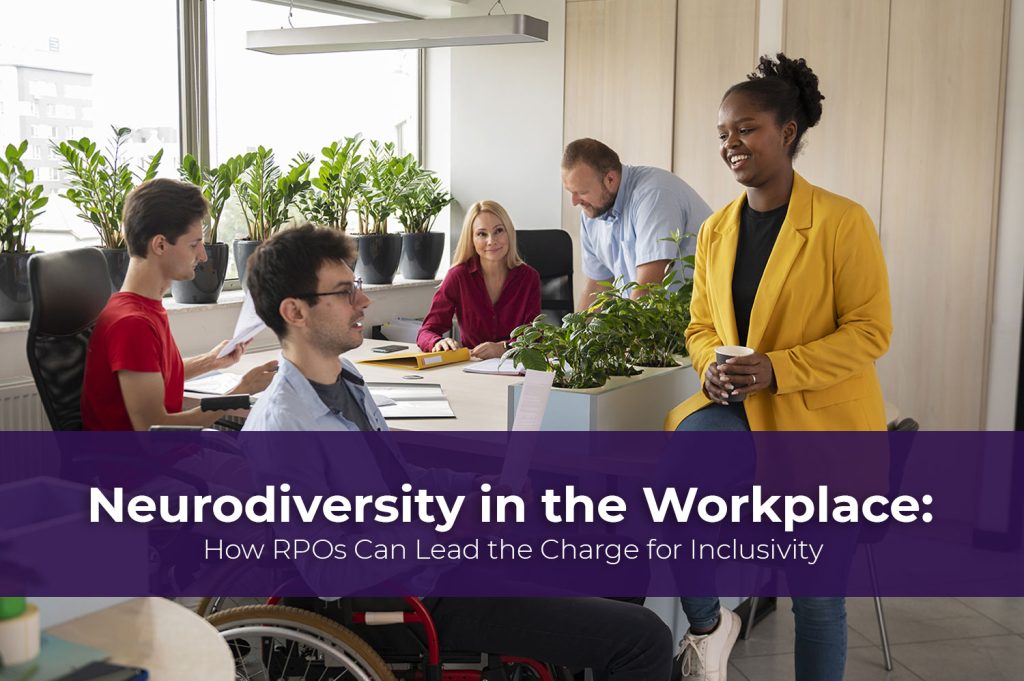
Table of Contents
ToggleIntroduction
1. Core Web Vitals and User Experience (UX)
Google has emphasized user experience as a significant ranking factor with its Core Web Vitals update. Ensuring a smooth, fast, and engaging user experience is crucial for SEO success.
- Largest Contentful Paint (LCP): Focus on improving page speed to keep LCP under 2.5 seconds.
- First Input Delay (FID): Strive for an FID of 100 milliseconds or less to enhance interactivity.
- Cumulative Layout Shift (CLS): Aim for a CLS score of less than 0.1 to ensure visual stability.
- Mobile Usability: Ensure your site is fully optimized for mobile devices.
- Accessibility: Enhance accessibility to improve user interaction across various devices and platforms.
2. Content Quality and Depth
High-quality, in-depth content that addresses user intent is more crucial than ever. Google’s recent updates make it imperative to create content that provides real value to users.
- Keyword Research: Utilize tools like the Ultimate Guide to Keyword Research to find relevant topics.
- E-A-T Principles: Focus on Expertise, Authoritativeness, and Trustworthiness.
- Content Depth: Cover topics comprehensively to meet user needs.
- Content Freshness: Regularly update content to keep it relevant.
- User Engagement: Encourage interactions through comments and social shares.
3. Voice Search Optimization
- Regularly Monitor Your Site’s Performance: Use tools like Google Analytics and Search Console to track changes in traffic and rankings.
- Focus on High-Quality Content: Content should be informative, well-written, and user-focused.
- Optimize for Mobile: Ensure your site is responsive and mobile-friendly.
- Improve User Experience: Site speed, easy navigation, and a secure environment are crucial.
- Stay Informed: Follow reputable SEO news sources and Google’s official channels.
Staying ahead of algorithm updates requires a proactive approach and a willingness to adapt SEO strategies as needed.
Applying Google’s E-A-T principles can significantly impact your SEO performance by aligning your content and website with the qualities Google deems important for trust and authority.

The Role of AI and Machine Learning
With the rise of digital assistants, optimizing for voice search is becoming increasingly important. This involves focusing on natural language and question-based queries.
- Long-Tail Keywords: Incorporate conversational, long-tail keywords into your content.
- FAQ Pages: Develop FAQ pages that directly answer common queries.
- Structured Data: Use schema markup to help search engines understand and display your content.
- Local SEO: Optimize for local searches as many voice queries are local.
- Featured Snippets: Aim to appear in featured snippets for voice query relevancy.
4. Artificial Intelligence and SEO
AI is transforming how search engines understand and rank content. Google’s AI algorithm, BERT, focuses on the context and intent behind search queries.
- Natural Language Processing: Optimize content for natural language to align with AI algorithms.
- User Intent: Focus more on intent rather than just keywords.
- Personalization: Tailor content to meet the specific needs of your audience.
- Data Analysis: Use AI tools to analyze user behavior and optimize content strategies.
- Automation: Implement AI-driven tools for SEO tasks like keyword research and content creation.
5. Technical SEO
Technical SEO remains a cornerstone for website optimization. It ensures that search engines can crawl and index your website without any issues.
- Site Speed: Improve load times with techniques like image compression and browser caching.
- Secure Sockets Layer (SSL): Secure your site with HTTPS.
- XML Sitemaps: Ensure your XML sitemap is up-to-date and submitted to search engines.
- Error Pages: Fix or redirect broken links and error pages.
- Mobile Optimization: Ensure your site is responsive and mobile-friendly.
6. Link Building and Brand Authority
Building high-quality backlinks is vital for improving domain authority and search engine rankings.
- Guest Blogging: Contribute articles to reputable sites in your industry.
- Broken Link Building: Replace broken links on other sites with your own relevant content.
- Social Media Engagement: Use social media to enhance visibility and link opportunities.
- Influencer Collaborations: Partner with influencers to extend your content’s reach.
- Brand Mentions: Convert unlinked brand mentions into links.
7. Video SEO
Video content can drive traffic and improve engagement. Optimizing video content is essential for visibility and ranking on video platforms like YouTube.
- Video Titles and Descriptions: Optimize with targeted keywords.
- Video Transcripts: Include transcripts for improved indexing.
- Engagement Metrics: Encourage views, likes, and comments to boost rankings.
- Video Sitemaps: Submit video sitemaps to search engines for better indexing.
- Thumbnails: Use compelling thumbnails to increase click-through rates.

Ensure that your SEO strategy is robust, adaptable, and capable of achieving superior results in today’s competitive digital landscape.
8. Social Media and SEO
While social media signals do not directly impact SEO rankings, they influence web traffic and engagement metrics, which are crucial for SEO.
- Content Promotion: Use social media to share and promote content.
- User Engagement: Foster engagement by interacting with followers.
- Brand Visibility: Increase brand awareness and searches.
- Traffic Generation: Drive traffic from social media to your website.
- Influencer Outreach: Leverage influencer networks for broader content distribution.
9. Sustainability in SEO
With the digital world increasingly focusing on sustainability, optimizing for eco-friendly practices can also boost SEO.
- Green Hosting: Choose web hosts that use renewable energy.
- Eco-Friendly Content: Publish content that promotes sustainability.
- User Engagement: Engage users on environmental topics.
- Sustainable Practices: Highlight your brand’s commitment to sustainability.
- Local SEO: Optimize for local search to reduce digital carbon footprint.
10. Analytics and SEO Monitoring
Regular monitoring and analytics are crucial for understanding the effectiveness of your SEO strategies and making informed adjustments.
- Google Analytics: Monitor traffic, bounce rates, and other vital metrics.
- SEO Audits: Conduct regular SEO audits to identify and rectify issues.
- Competitor Analysis: Keep an eye on your competitors’ SEO activities.
- Performance Metrics: Track rankings, backlinks, and domain authority.
- Adjustments and Updates: Continuously refine your SEO strategy based on analytics data.





























